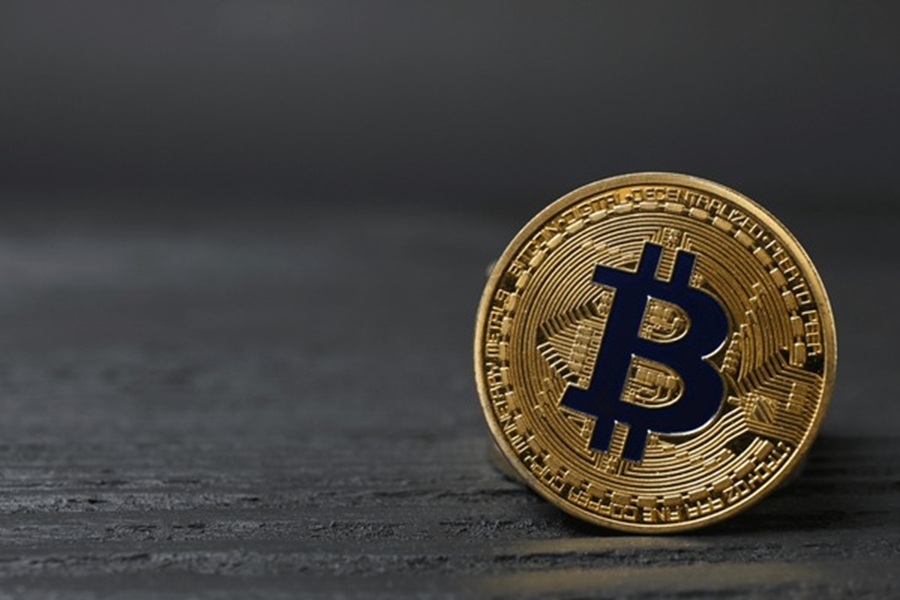The conclusions we reach about the world are, to a large extent, influenced by our underlying intuitions. Various writers have discussed how our immediate sense of how the world works has a huge influence on how our worldviews develop.
Thomas Sowell’s A Conflict of Visions posits that there are fundamentally different “visions” about the world that drive the differing worldviews we see. Following Joseph Schumpeter, Sowell defined a vision as a “pre-analytical cognitive act”—a sense of how things are prior to deliberate consideration. People who naturally hold what he called the constrained vision (or, in later works, the tragic vision) have very different reactions to the world from those who hold what he called the unconstrained vision (or the utopian vision).
Knowing someone’s intuitive framework could explain a lot about how they evaluate different questions of public policy. One’s initial reaction to hearing about “click-to-cancel” regulation seems like a useful way to gauge overall instincts regarding regulation.
Some businesses make it very easy to sign up for services, and very time-consuming to stop paying. The easiest example is fitness centers. I once had a membership at a gym where you could sign up for a membership online in about thirty seconds, without ever setting foot in the facility. But canceling a membership required first a notification through the website or app, then coming in person to the facility with a handwritten statement declaring your desire to end your membership, and then your membership would be canceled after the end of the next billing cycle.
I’ve seen some people speculate that this is how Planet Fitness stays in business while only charging $10 a month for a membership. They make it easy for people to join in a moment of inspiration (I’m sure New Year’s resolutions cause a jump in membership), and they make it a hassle to close your membership. Because the membership is so inexpensive, it’s also easy to overlook. People can go years before they finally jump through the hoops to cancel an unused membership.
The click-to-cancel rule would prohibit these arrangements. Under such a regulation, if the business provides a way to join with low transaction costs, they must provide a way to cancel with equally low transaction costs.
Here are three reactions people might have after hearing about this regulation:
I’ll call the first reaction a classical welfare economics perspective. To the textbook welfare economist, economic policy should improve economic outcomes by streamlining and optimizing economic arrangements. Negative externalities should be taxed. Positive externalities should be subsidized. Transaction costs should be minimized because they often prevent efficient outcomes. These kinds of contracts, it is argued, create unnecessary transaction costs. Therefore, a click-to-cancel rule would have the effect of lowering transaction costs, which in turn will tend to bring about more efficient outcomes. Thus, this regulation would be welfare-enhancing. Seems like a good idea. But it’s not so simple.
Martin Gurri expressed concern with this optimization mindset in his book The Revolt of the Public:
Our species tends to think in terms of narrowly defined problems, and usually pays little attention to the most important feature of those problems: the wider context in which they are embedded. When we think we are solving the problem, we are in fact disrupting the context. Most consequences will then be unintended.
The second reaction is more cautious. It is inspired by the type of thinking often associated with Hayekian economics, but is also in the work of economists like Vernon Smith. This mindset sees the economy not as an optimization problem but as an unfathomably complex ecosystem. We can know general conditions that allow the ecosystem to grow and thrive, like property rights and freedom of contract. But attempting a targeted intervention to bring about a specific result is a bit like trying to eliminate a pest from an ecosystem by introducing a new predator. You’re not simply adjusting a static variable with no further effects. You’re interacting with an adaptive ecosystem.
The Hayekian perspective encourages those who share it to point out that there’s always been an option for gyms to compete against other gyms by making it easy to cancel a membership. If customers want it and entrepreneurs could provide it, but that arrangement isn’t offered, it reveals something. We can interpret this as a sign that this seemingly obvious problem-and-solution combination isn’t as simple as it appears. Here’s where the caution comes in: If things are more complicated, tread lightly.
The third reaction is a harder-libertarian take based on freedom of association and the associated freedom of contract. This reaction is one against interfering with a private agreement. As long as the terms for signing up and leaving are clearly stated in the contract without fraud, and people willingly sign, then that is that. Whether or not it would be welfare-enhancing to forbid these arrangements is beside the point. Nobody has any right to try to force a change in the terms of that contract, or to tell people they can’t draw up and sign such contracts if they so choose. End of story.
Which of these reactions, dear reader, most closely describes your initial impulse regarding the click-to-cancel rule?
As an Amazon Associate, Econlib earns from qualifying purchases.


























